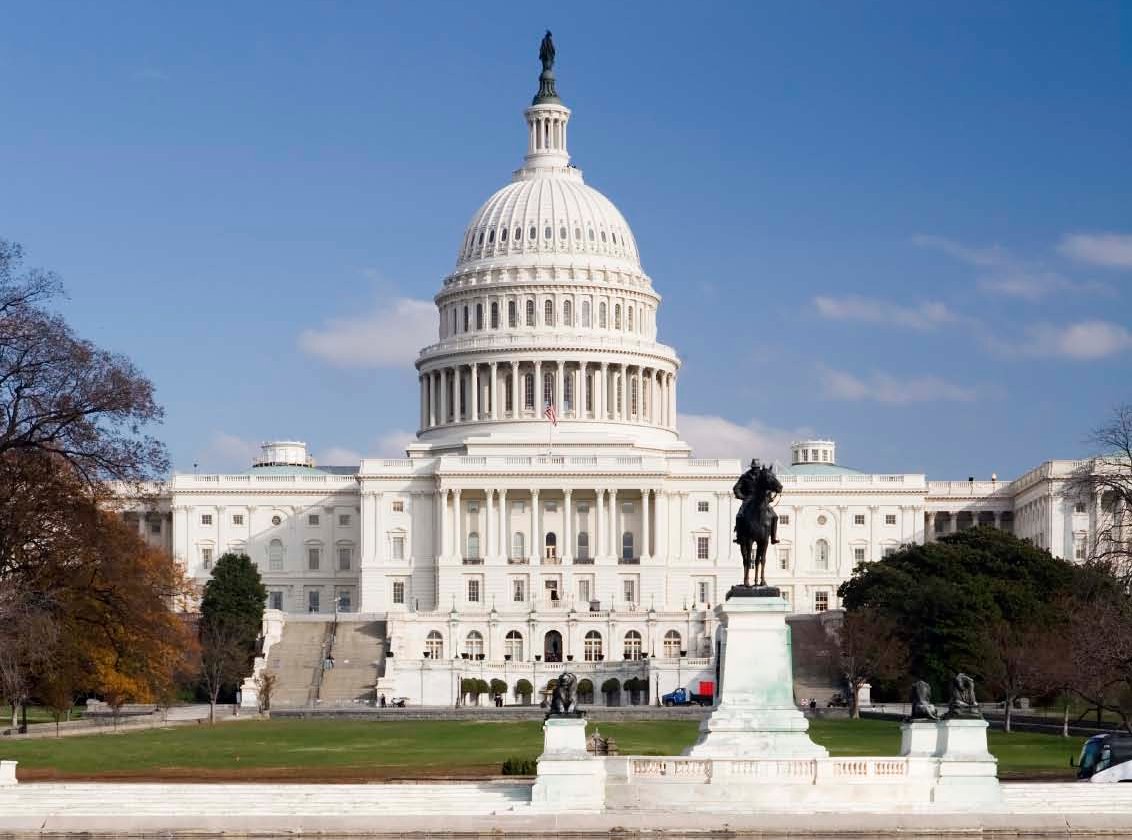May 2009 Vol. 236 No. 5
Government
Senate Bill Worries Pipeline Industry

The pipeline industry is worried about a new Senate bill which gives FERC wider latitude to award rebates to customers who the agency finds have been subject to unfair rates.
The Natural Gas and Electricity Review and Enforcement Act (S. 672) by Sen. Maria Cantwell (D-WA) would allow FERC to force pipelines to give up the same kind of rebates which are now required of electric utilities under the Federal Power Act. Cantwell chairs the Senate Energy and Natural Resources energy subcommittee. Her legislation is likely to be included in the broad energy bill that committee is assembling. The House Energy & Commerce Committee is writing its own omnibus bill. No House member has yet introduced a version of the Cantwell bill.
The anti-pipeline legislation is being pushed by the American Public Gas Association (APGA) which corralled 19 other trade associations, consumer advocacy groups and joint action agencies into signing a letter to Senate and House leaders on April 6. The coalition cited a recent report from the Natural Gas Supply Association that shows that from 2003-2007 pipelines earned roughly $3.7 billion more than they would have collected on an average 12% return on equity. The data for the report analyzed the cost recovery of 32 major pipelines (80% of the market) based on financial data they must file annually with FERC. The study shows that seven of the 32 pipelines earned on average equity returns in excess of 20%. “These excess returns rightfully belong in consumer’s pockets,” said Bert Kalisch, president/CEO of APGA.
Don Santa, INGAA president, says APGA has tried for years to amend Section 5 of the Natural Gas Act, which pipeline customers use when they file a case at FERC charging that pipeline rates are unreasonable. Those efforts have always been unsuccessful, Santa explains, nor does he see any changes in the political landscape making Congress more receptive in 2009 to APGA’s push to modify Section 5 so that FERC could order pipelines to issue retroactive rebates.
Currently, FERC can only collect for damages from the date of completion of the case. Cantwell’s bill would allow collection of refunds starting from the date at which FERC or a pipeline customer filed the case. Another provision would allow FERC to issue temporary cease-and-desist restraining orders to pipelines if the commission finds the pipeline is taking an action of “significant harm” to natural gas consumers.
A Cantwell aide said the bill is aimed more at energy trading companies than pipelines, though it catches pipelines in its web nonetheless. Although Congress gave FERC enhanced “anti-manipulation” power in the 2005 Energy Act, that did not prevent the commission from stopping Amaranth Advisors LLC, who FERC took enforcement action against, but not before Amaranth liquidated its assets before FERC could collect the full penalties assessed. That is where the new cease-and-desist authority would come in.
At hearings on March 26, Sen. Jeff Bingaman (D-NM), chairman of the Senate Energy & Natural Resources Committee, essentially endorsed the Cantwell bill. That resulted in an April 2 letter to Bingaman from Santa who argued that the premise of the Cantwell bill was faulty, and that its effect would be to scare away investors in pipelines who might worry that the new regulatory language could affect revenue streams, and hence their return on investments. In terms of the Cantwell provisions themselves, Santa said the pricing histories of the electric and natural gas industries are different, and the rebate provision in the Federal Power Act was added because of specific complaints about wholesale sales of electricity. Pipelines, on the other hand, do not sell natural gas; their rates are based on transportation of that gas.
“The real question for Congress is whether adopting the FPA retroactive refund model for natural gas really will improve consumer welfare, or whether it will slow the development of energy infrastructure that will bring new, competitive natural gas supplies to the market and ultimately benefit consumers and the economy,” Santa wrote.





Comments